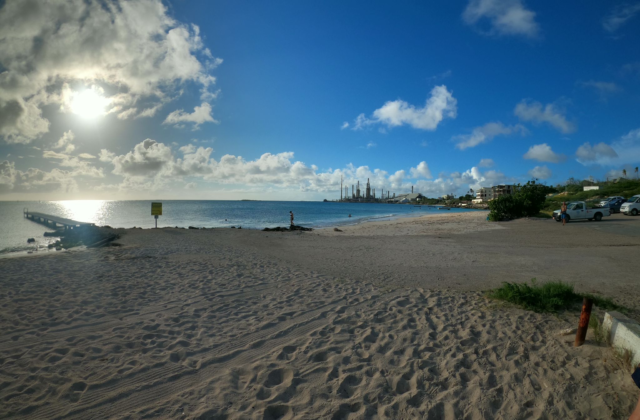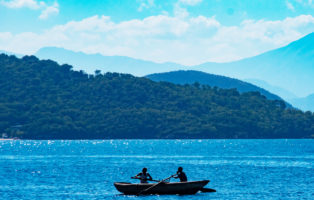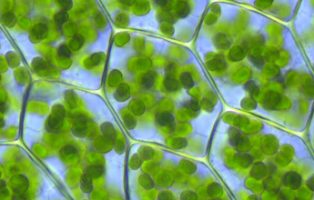
Climate Change and the Governance of Tropical Marine Conservation
Year Group 2022/23
About the Topic
Ocean health plays an extraordinarily important role in the current climate crisis. They serve as climate regulator by absorbing and redistributing carbon dioxide (C02) and heat. Obviously, oceans also support services beyond climate regulations such as providing food, energy, health and well-being services by offering a transport infrastructure, and by serving as a cultural and recreational site. These benefits will likely cease as the health of oceanic ecosystems deteriorate. For example, the oceans already seem to be losing their ability to act as carbon sinks and coral reefs are dying from ocean warming resulting in complex cascading risks including the ocean’s ability to provide food.
The most prominent global policy tool to protect marine ecosystems are marine protected areas (MPAs). While oceans play a crucial role in sustainability and resilience, and MPAs are the tool to preserve oceans, their efficiency is often questioned. Controversies span from parks that only exist on paper while not being actively managed, to ecosystems within protected areas deteriorating as fast as outside and ocean grabbing discourses in which MPAs exclude communities from access to resources they depend on for their livelihood. This controversy has only increased as climate change adds additional, external stressors onto marine ecosystems.
Surprisingly, little research has investigated how MPAs are impacted by climate change or how potential governance responses can keep pace with these dynamic stressors. However, the international community (Agenda 2030 and the Convention for Biological Diversity) has pushed for a massive increase in ocean area protected by MPAs, the so called ‘30by30 goal’ aims for 30% of the oceans protected by 2030. If MPAs are to meet their objectives of preserving marine ecosystems and creating more resilient biological communities that can resist and recover from climate events, they will need to consider the consequences of climate change.
To gain a better understanding on how MPAs are coping in times of a changing climate, the theme group on ‘Climate Change and Tropical Marine Conservation’ will bring together information on what observed impacts of climate change on human and non-human communities in and adjacent to MPAs are. As research cases, the project will investigate four MPAs representing highly sensitive and biologically diverse tropical marine social-ecological systems. These MPAs, two in Indonesia and two in the Dutch Caribbean, serve as a magnifying glass in our multi-scalar investigation on future ocean governance. Related to this first question, we want to compile information on what actual and potential governance responses to climate change consequences are. The final piece of this puzzle that we would like to discuss then is to what extent does ocean governance respond to climate change induced social-ecological impacts? Why (not)?
Theme Group Participants
KITLV, NIOO, NIAS and WUR join forces in an interdisciplinary study of the impact of climate change on social-ecological systems (SES). A consortium including Indonesian and Caribbean partners in academia and NGOs will co-create and implement pilot research in four coastal zones in the two tropical archipelagoes.
- Yvonne Kunz (theme group coordinator)
- Eric Mijts (theme group member)
- Sonny Mumbunan (theme group member)
- Liesbeth Bakker (visiting scholar)
- Lisa Becking (visiting scholar)
- David Kloos (visiting scholar)
About the Institutes Research Funds
This theme group is funded by the Royal Netherlands Academy of Arts and Sciences, who has awarded it a grant from the Institutes Research Fund. The Fund is making it possible for institutes to carry out projects with the aim of reinforcing one or more of the three roles that make a research institute nationally important.






